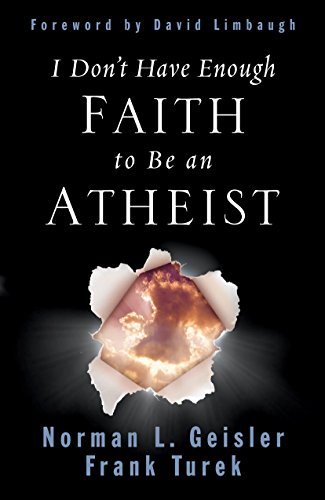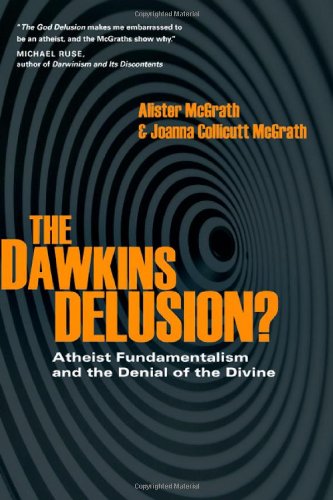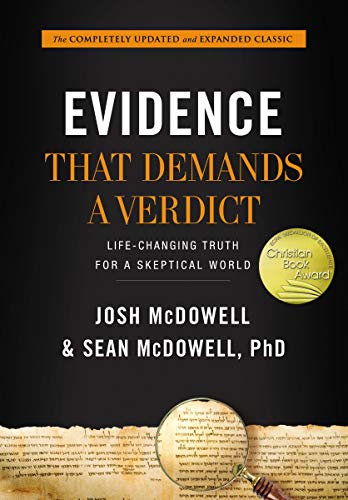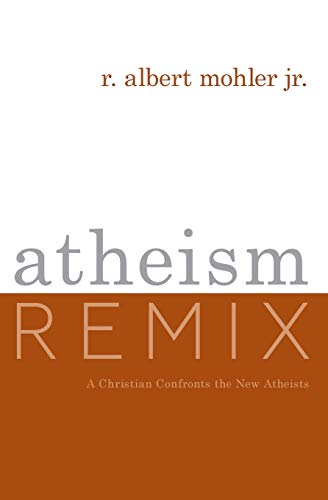Quotes about Unbelievers
Scripture tells us that the state of an unconverted man is this: he sees no great felicity in the love and communion of God in the life to come, which may draw his heart thither from this present world; but he lives to his carnal self, or to the flesh; and the main bent of his life is, that it may go well with him on earth; and that religion which he has is but a little by the by, lest he should be damned when he can keep the world no longer; so that the world and the flesh are highest in his esteem, and nearest to his heart, and God and glory stand below them, and all their service of God is but a giving him that which the world and flesh can spare. This is the case of every unconverted man; and all who are in this case are in a state of misery.
The whole life of man until he is converted to Christ is a ruinous labyrinth of wanderings.
No one, not even the unredeemed, are ultimately outside the will of God (Pr. 16:4; Rom. 9:14-18; 1 Pet. 2:7-8). They are not forced to be lost, but choosing to reject God’s offer of mercy does not somehow free them from the control of God. Even their rejection has been included in the eternal plan of God. This is perhaps the worst part of it for them. In their attempt to be free from God by rejecting Him, even if at the cost of their own souls, they find that there is no such thing. The net of God’s providence includes even the vain attempt to be outside the net.
God is not hostile to sinners, but only to unbelievers.
The church’s goal is not to make unbelievers feel comfortable and nonthreatened. On the contrary, it is to make them feel uncomfortable with their sins and threatened by God’s judgment and the terrors of hell that they face.
So what did the Holy Spirit intend by His command not to be bound together with unbelievers? Bound together translates a participial form of the verb heterozugeo, which means, “to be unequally yoked.” Paul drew his analogy from Deuteronomy 22:10, where the Mosaic Law commanded the Israelites, “You shall not plow with an ox and a donkey together.” Those two animals do not have the same nature, gait, or strength. Therefore it would be impossible for such a mismatched pair to plow together effectively. Nothing in the context would lead to the idea that he is referring to earthy issues of human endeavors. In Paul’s analogy, believers and unbelievers are two different breeds and cannot work together in the spiritual realm. He called for separation in matters of the work of God, since such cooperation for spiritual benefit is impossible. The false teachers were eager to blend the people of God with the pagan worshipers, because that hinders the gospel. That is what this text forbids.
When we look at the ungodly, we are not to hate them – but to pity them, mourn over them, and pray for them. Nor have we any right to boast over them; for, by nature, and of ourselves, we are no better than they.
It is greatly to be feared that there are multitudes in Christendom who verily imagine and sincerely believe that they are among the saved, yet who are total strangers to a work of divine grace in their hearts. It is one thing to have clear intellectual conceptions of God’s truth, it is quite another matter to have a personal, real heart acquaintance with it. It is one thing to believe that sin is the awful thing that the Bible says it is, but it is quite another matter to have a holy horror and hatred of it in the soul. It is one thing to know that God requires repentance, it is quite another matter to experimentally mourn and groan over our vileness. It is one thing to believe that Christ is the only Savior for sinners, it is quite another matter to really trust Him from the heart. It is one thing to believe that Christ is the sum of all excellency’, it is quite another matter to LOVE HIM above all others. It is one thing to believe that God is the great and holy One, it is quite another matter to truly reverence and fear Him. It is one thing to believe that salvation is of the Lord, it is quite another matter to become an actual partaker of it through His gracious workings.
In all their jollity in this world, they are but as a book fairly bound, which when it is opened is full of nothing but tragedies. So when the book of their consciences shall be once opened, there is nothing to be read but lamentations and woes.
A Puritan Golden Treasury, compiled by I.D.E. Thomas, by permission of Banner of Truth, Carlisle, PA. 2000, p. 308.
He is angry with you this moment – and always. You go to sleep with an angry God gazing into your face. You wake in the morning, and if your eye were not dim, you would perceive His frowning countenance. He is angry with you even when you are singing His praises, for you mock Him with solemn sounds upon a solemn tongue. He is angry with you on your knees, for you only pretend to pray; you utter words without heart. As long as you are not a believer, He must be angry with you every moment (see Psalm 7:11).
The average person in the world today, without faith and without God and without hope, is engaged in a desperate personal search throughout his lifetime. He does not really know where he has been. He does not really know what he is doing here and now. He does not know where he is going. The sad commentary is that he is doing it all on borrowed time and borrowed money and borrowed strength; and he already knows that in the end he will surely die! Man, made more like God than any other creature, has become less like God than any other creature. Created to reflect the glory of God, he has retreated sullenly into his cave; reflecting only his own sinfulness. Certainly it is a tragedy above all tragedies in this world that man, made with a soul to worship and praise and sing to God’s glory, now sulks silently in his cave.
An unbeliever shall have a double condemnation; one from the law which he hath transgressed, and another from the gospel, which he hath despised: as a malefactor, that being condemned and dead in law, rejecteth his prince’s pardon. But it is otherwise with these that are in Christ Jesus. The law cannot condemn them, because they have appealed; the gospel cannot because they have believed.
A Puritan Golden Treasury, compiled by I.D.E. Thomas, by permission of Banner of Truth, Carlisle, PA. 2000, p. 309.
For an act to be good, it must arise from good motives. And one of those motives must be the glory of God. Where that motive is missing, every act has a fatal flaw. An unsaved man may have some good motives in what he does. That is, he may do something for the sake of others. That is fine, as far as it goes. We do not want to deny that. But it does not go far enough. God commands, “Whether you eat or drink or whatever you do, do it all for the glory of God” (1 Corinthians 10:31). But each thing the unbeliever does breaks this command. For that reason, he never once pleases God.
Christian: Take Heart! By Permission of the Banner of Truth Trust, Carlisle, PA. 1987, p. 86-87.

















